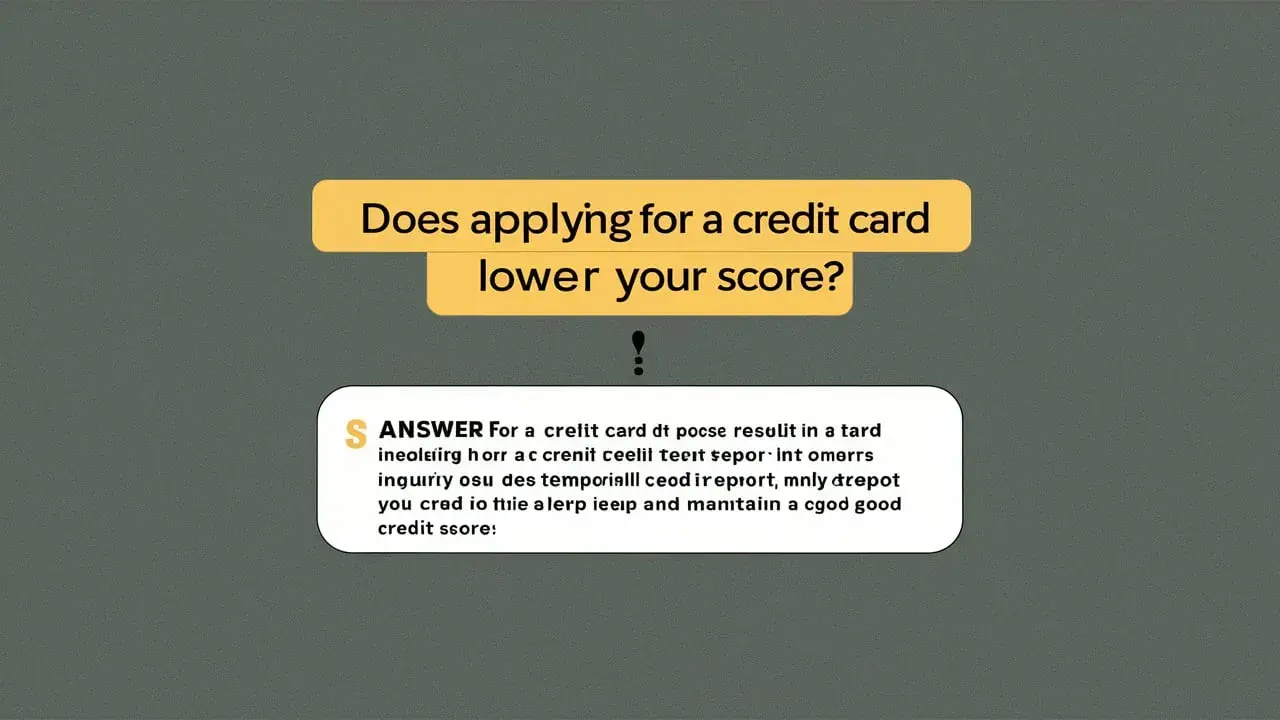-
Posted on: 06 Sep 2023

-
Debt consolidation is a popular strategy for simplifying finances and tackling overwhelming debt. It involves taking out a new loan or transferring balances to a single account, ideally with a lower interest rate. While debt consolidation can offer significant benefits, it's crucial to understand how it affects your credit cards and overall credit health. This comprehensive guide explores the various ways debt consolidation interacts with your credit cards, providing insights to help you make informed decisions.
Understanding Debt Consolidation
Before diving into the impact on credit cards, let's define debt consolidation. It's a financial strategy that combines multiple debts into a single, more manageable loan or account. Common methods include:
- Personal Loans: Unsecured loans from banks, credit unions, or online lenders.
- Balance Transfer Credit Cards: Credit cards with a 0% introductory APR on balance transfers.
- Home Equity Loans or HELOCs: Secured loans using your home equity as collateral.
- Debt Management Plans (DMPs): A structured repayment plan offered through credit counseling agencies.
The goal is to simplify repayment, potentially lower interest rates, and reduce monthly payments. However, the actual outcome depends on your individual circumstances and the terms of the consolidation agreement.
The Immediate Impact on Your Credit Cards
The initial step in debt consolidation often involves using the new loan or balance transfer credit card to pay off your existing credit card balances. This has several immediate effects:
- Reduced Credit Card Balances: This is the most direct impact. Your credit card balances will decrease, potentially to zero, depending on the amount of debt consolidated.
- Lower Credit Utilization Ratio: Credit utilization is the amount of credit you're using compared to your total available credit. Paying off credit card balances significantly lowers your credit utilization, which is a major factor in your credit score (typically accounting for around 30%). A lower ratio (ideally below 30%) is generally viewed favorably.
- Potential Credit Score Increase: Because of the improved credit utilization, you may see a noticeable increase in your credit score shortly after consolidation.
The Long-Term Effects on Your Credit Cards and Credit Score
While the initial impact is often positive, the long-term effects of debt consolidation on your credit cards require careful consideration. Several factors can influence whether your credit score continues to improve or if it plateaus or even declines.
Credit Card Account Closure: A Double-Edged Sword
A common piece of advice following debt consolidation is to close the credit card accounts you've paid off. This is often suggested to prevent the temptation of accumulating more debt. However, closing credit card accounts has both positive and negative implications:
Pros of Closing Credit Card Accounts:
- Reduces Temptation: The most obvious benefit is reducing the urge to run up balances on those cards again. This helps maintain financial discipline.
- Simplifies Budgeting: Fewer accounts to manage can simplify your budgeting process.
Cons of Closing Credit Card Accounts:
- Reduced Available Credit: Closing accounts reduces your overall available credit, which can negatively impact your credit utilization ratio *if* you start carrying balances on other credit cards. For example, if you had $10,000 in total available credit and close accounts representing $5,000, your total available credit is now only $5,000. If you then carry a balance of $2,000, your utilization is 40%, which is considered high.
- Shorter Credit History: The length of your credit history is another factor in your credit score. Closing older accounts can shorten your average account age, potentially lowering your score. This is especially true if those accounts are among your oldest.
Recommendation: Carefully consider the age and credit limit of the cards you're considering closing. Generally, it's best to keep older accounts open, even if you don't use them regularly, as long as you can avoid the temptation of overspending. If you do close accounts, close newer ones with lower credit limits first.
Maintaining Good Credit Habits
Debt consolidation is just one step in improving your financial health. It's crucial to adopt and maintain good credit habits to ensure long-term success:
- Pay Bills on Time: Late payments are one of the most damaging factors to your credit score. Set reminders and automate payments to ensure you never miss a due date.
- Keep Credit Utilization Low: Strive to keep your credit utilization below 30% on all your credit cards. Ideally, aim for even lower, such as 10%.
- Monitor Your Credit Report Regularly: Check your credit report from all three major credit bureaus (Equifax, Experian, and TransUnion) at least once a year. You can obtain free credit reports from AnnualCreditReport.com. Look for any errors or inaccuracies and dispute them immediately.
- Avoid Opening Too Many New Accounts: Opening multiple new credit accounts in a short period can lower your average account age and potentially signal to lenders that you're a higher risk.
- Diversify Your Credit Mix: Having a mix of different types of credit accounts (credit cards, installment loans, etc.) can positively impact your credit score. However, don't apply for new credit just to diversify; only do so if you genuinely need the product and can manage it responsibly.
The Impact of the Debt Consolidation Loan on Your Credit
The debt consolidation loan itself will also affect your credit report and score. Here's how:
- New Account: The loan will appear as a new installment loan on your credit report.
- Payment History: Your payment history on the loan will be reported to the credit bureaus. Making timely payments will positively impact your score, while late payments will negatively affect it.
- Credit Mix: As mentioned above, adding an installment loan to your credit mix can be beneficial, especially if you primarily had credit cards before.
- Debt-to-Income Ratio (DTI): Lenders will consider your DTI (the percentage of your gross monthly income that goes towards debt payments) when assessing your creditworthiness. Successfully consolidating debt and reducing your monthly payments can improve your DTI, making you a more attractive borrower in the future.
Balance Transfer Considerations
If you chose a balance transfer credit card for debt consolidation, there are additional factors to consider:
- Balance Transfer Fees: Most balance transfer cards charge a fee, typically 3-5% of the transferred balance. Factor this fee into your calculations to determine the true cost of consolidation.
- Introductory APR Period: The 0% APR is usually only for a limited time (e.g., 12-18 months). Make sure you have a plan to pay off the balance before the introductory period ends, or the interest rate will jump to a much higher rate.
- Credit Limit Availability: Ensure the balance transfer card has a sufficient credit limit to accommodate all your transferred balances. You don't want to exceed the limit, as this can negatively impact your credit utilization and potentially trigger over-limit fees.
Alternatives to Debt Consolidation
Debt consolidation isn't the only option for managing credit card debt. Consider these alternatives:
- Debt Snowball Method: Focus on paying off the smallest debt first, regardless of interest rate. The quick wins can provide motivation to continue.
- Debt Avalanche Method: Prioritize paying off the debt with the highest interest rate first. This can save you the most money in the long run.
- Negotiating with Creditors: Contact your credit card issuers to negotiate lower interest rates or payment plans. They may be willing to work with you, especially if you're experiencing financial hardship.
- Credit Counseling: A credit counseling agency can help you develop a budget, negotiate with creditors, and create a debt management plan.
Choosing the Right Debt Consolidation Method
The best debt consolidation method depends on your individual financial situation, credit score, and goals. Consider the following factors:
- Interest Rates: Compare interest rates across different options. The lower the interest rate, the less you'll pay in the long run.
- Fees: Factor in any fees associated with the consolidation method, such as origination fees, balance transfer fees, or annual fees.
- Repayment Terms: Consider the length of the repayment term. A longer term will result in lower monthly payments but higher total interest paid.
- Credit Score: Your credit score will influence the interest rates and terms you're offered. A higher credit score generally qualifies you for better rates.
- Your Budget: Assess your budget to determine how much you can realistically afford to pay each month.










